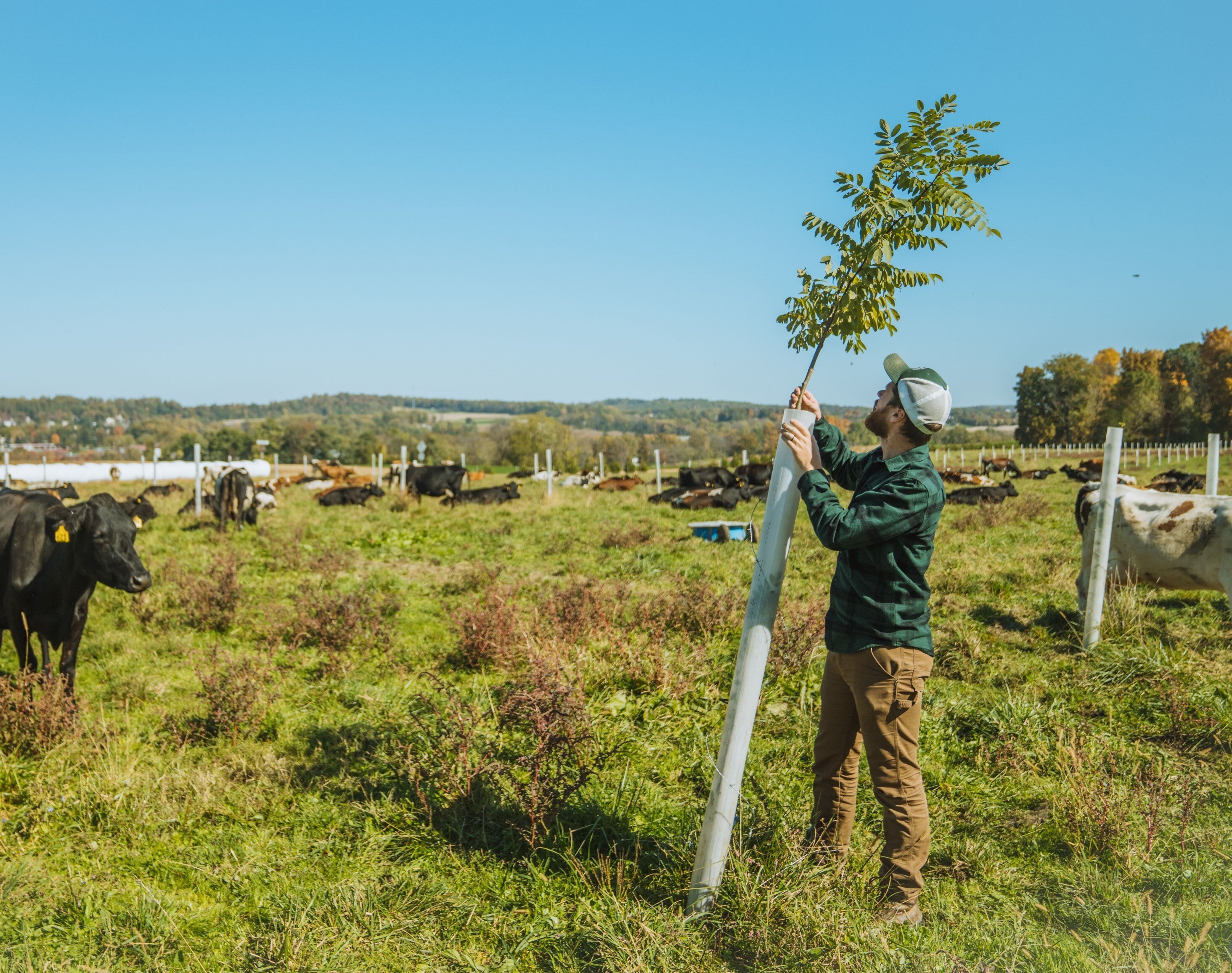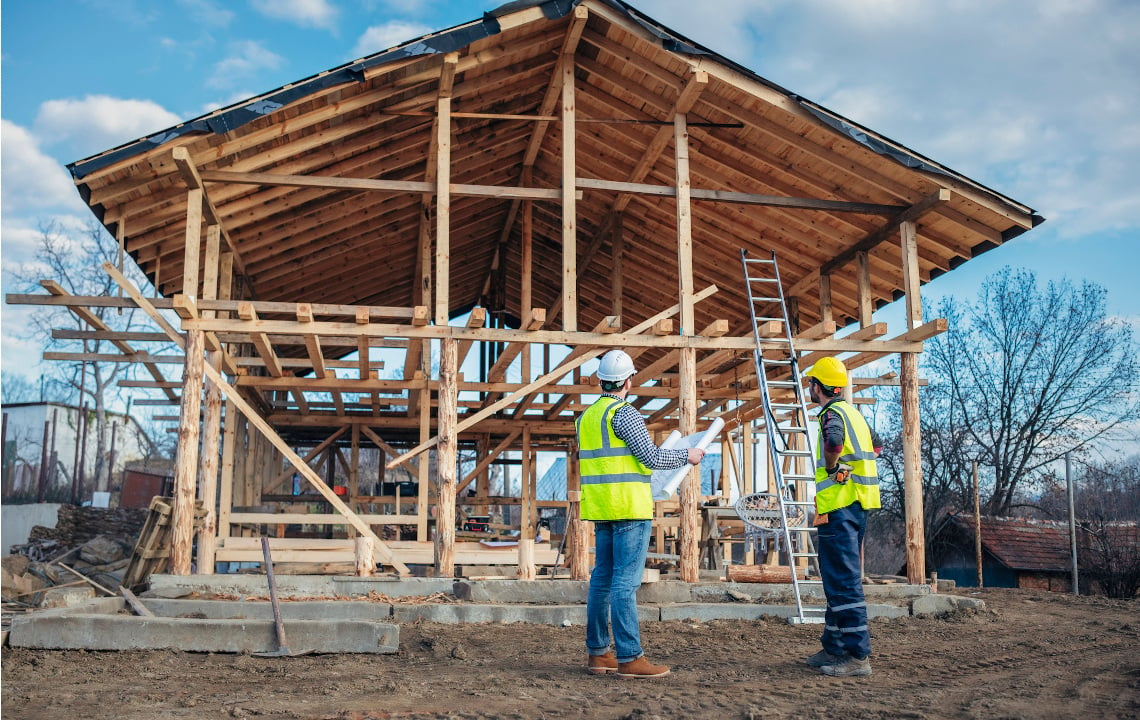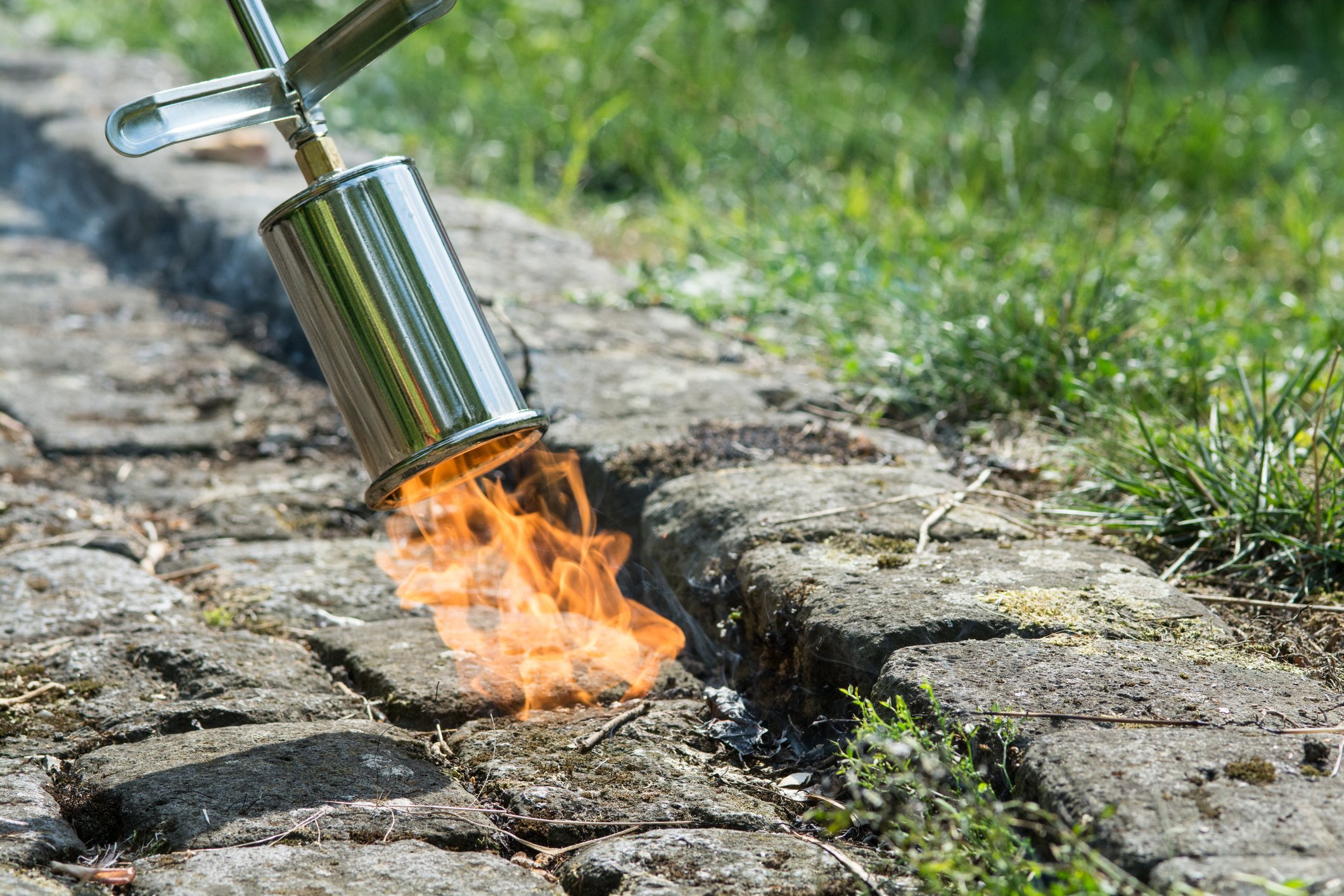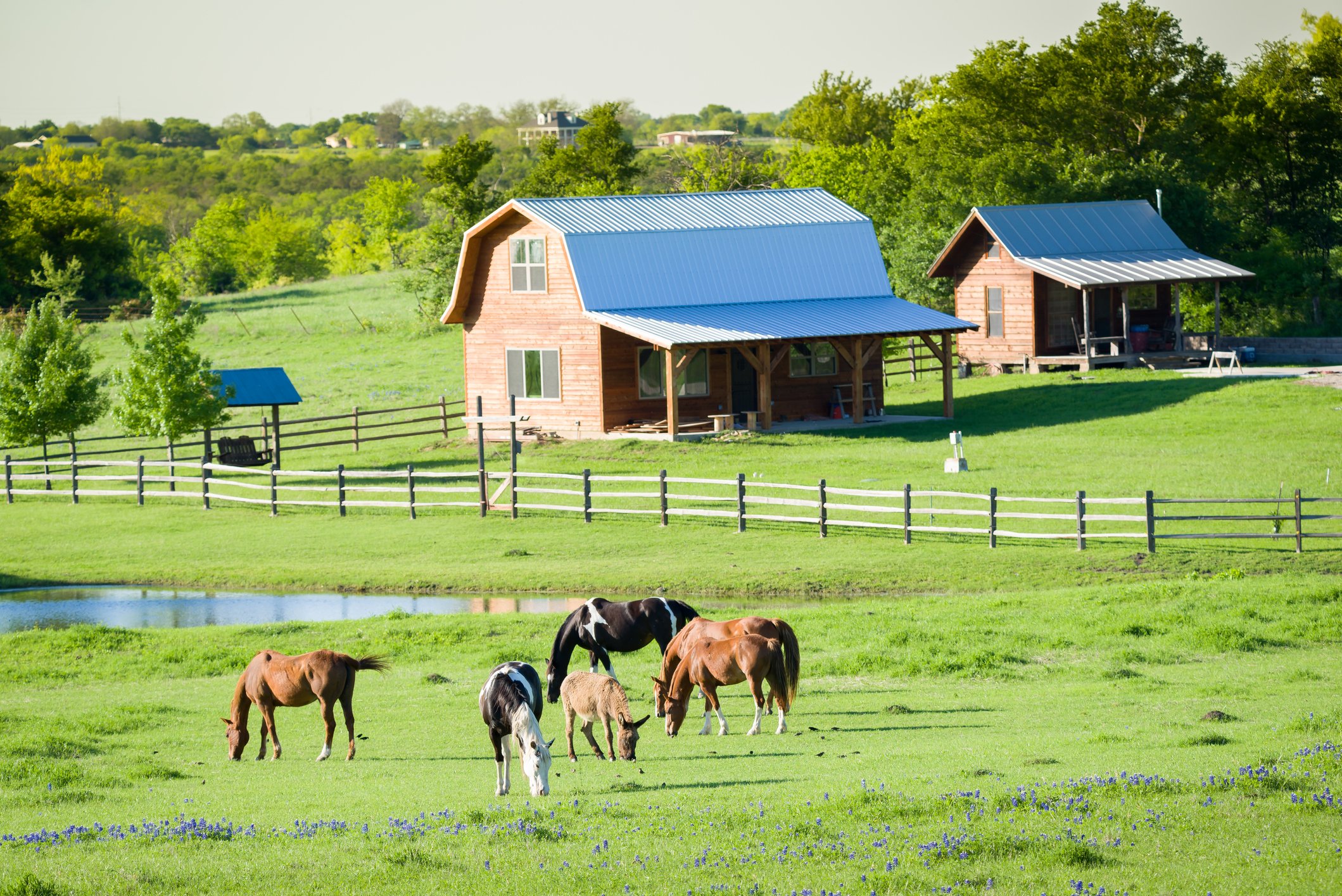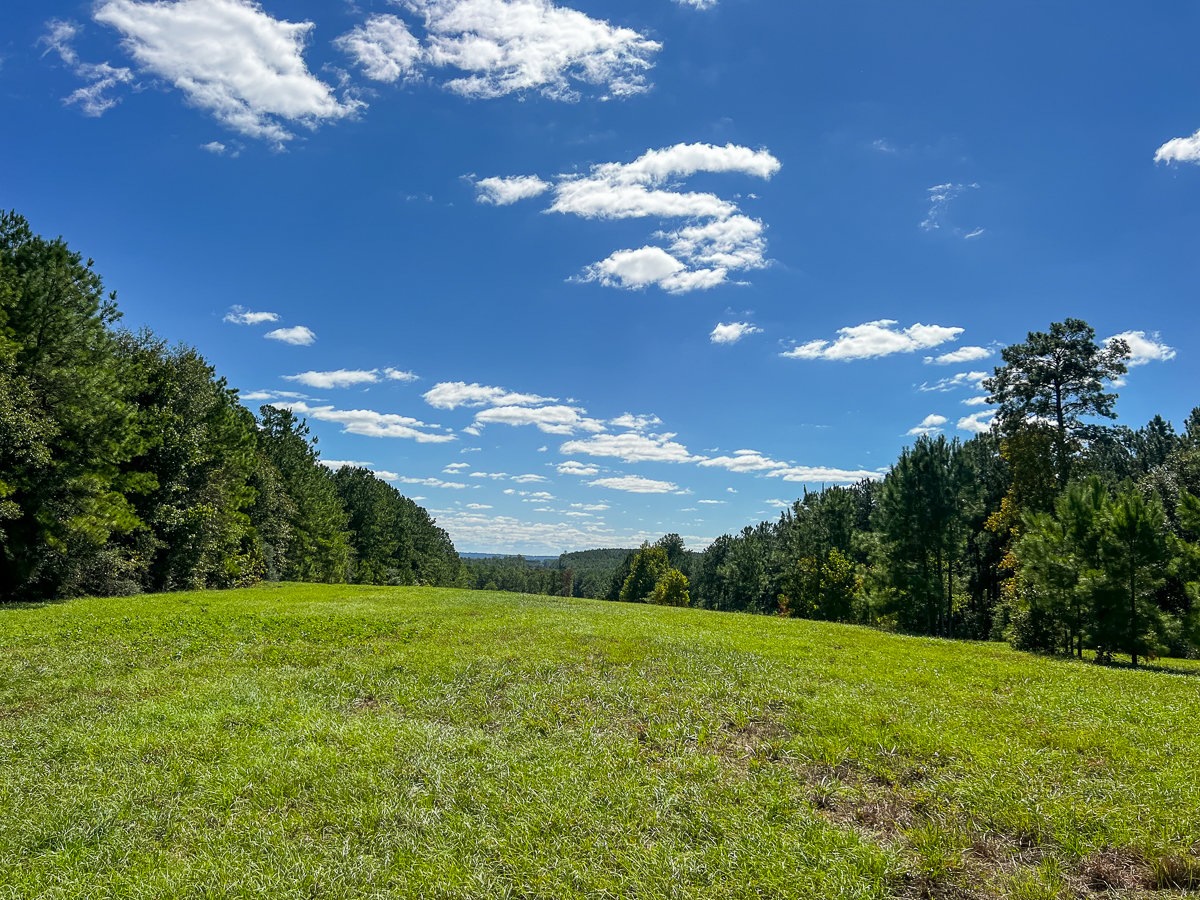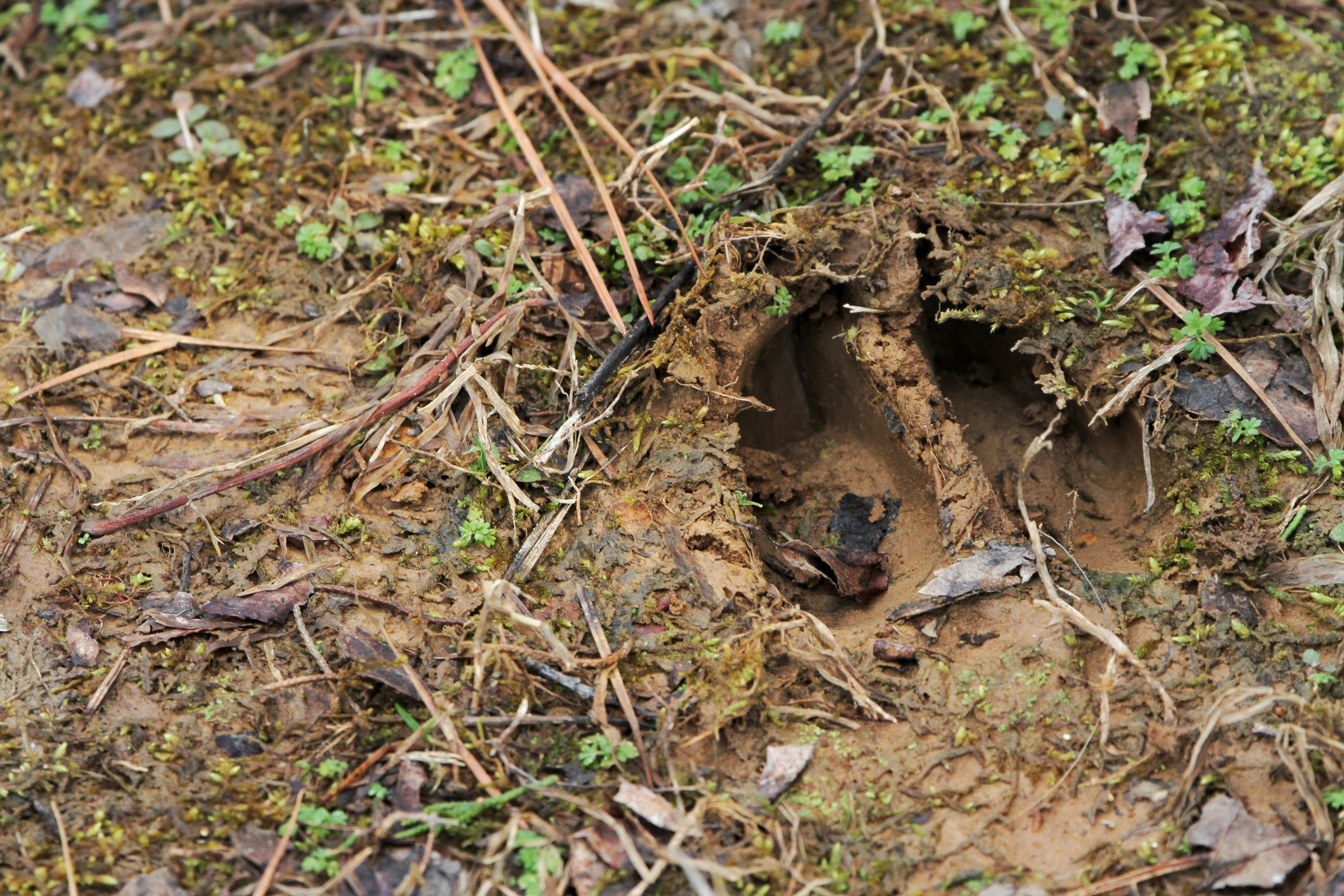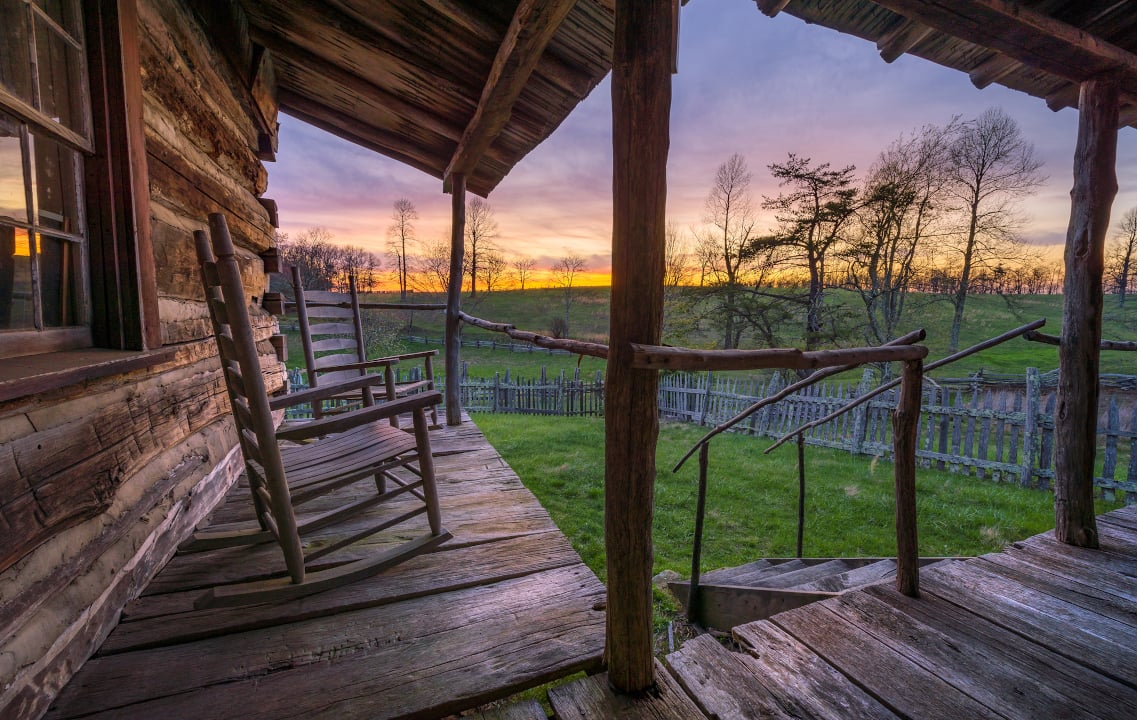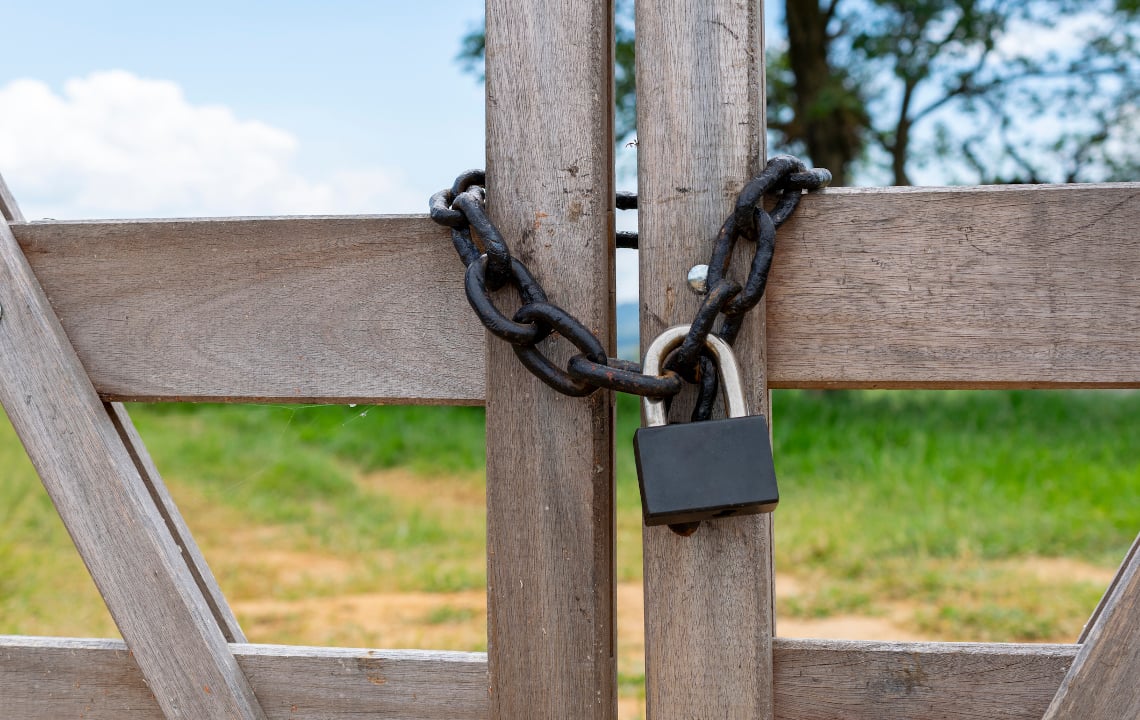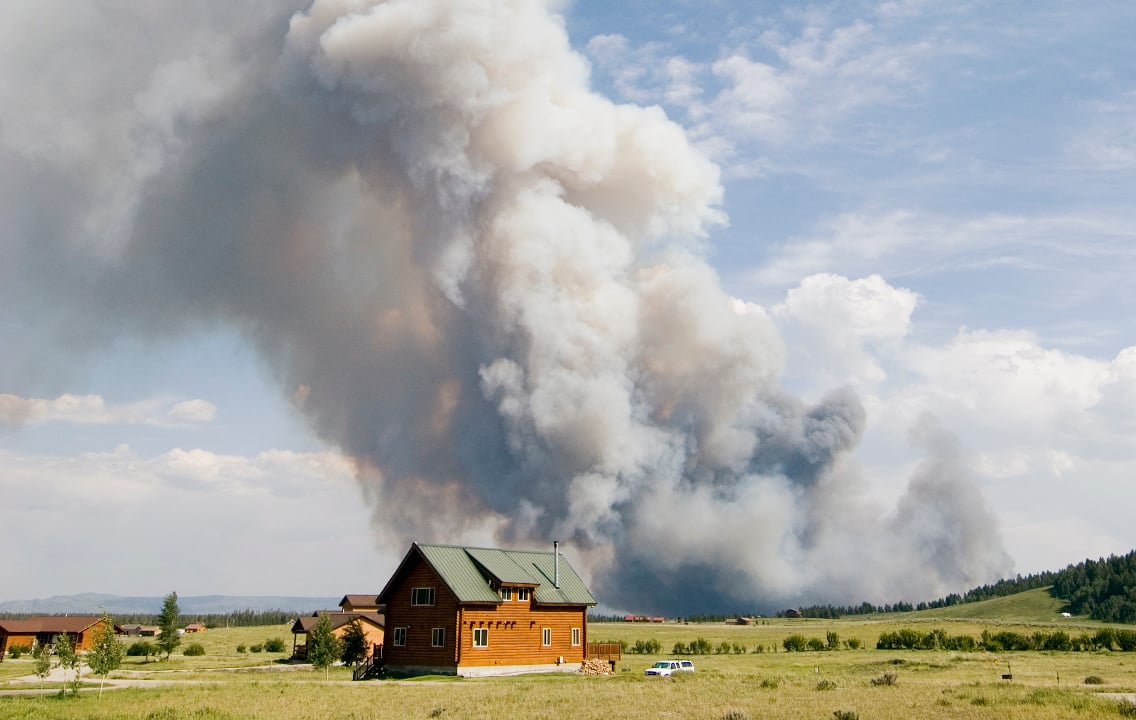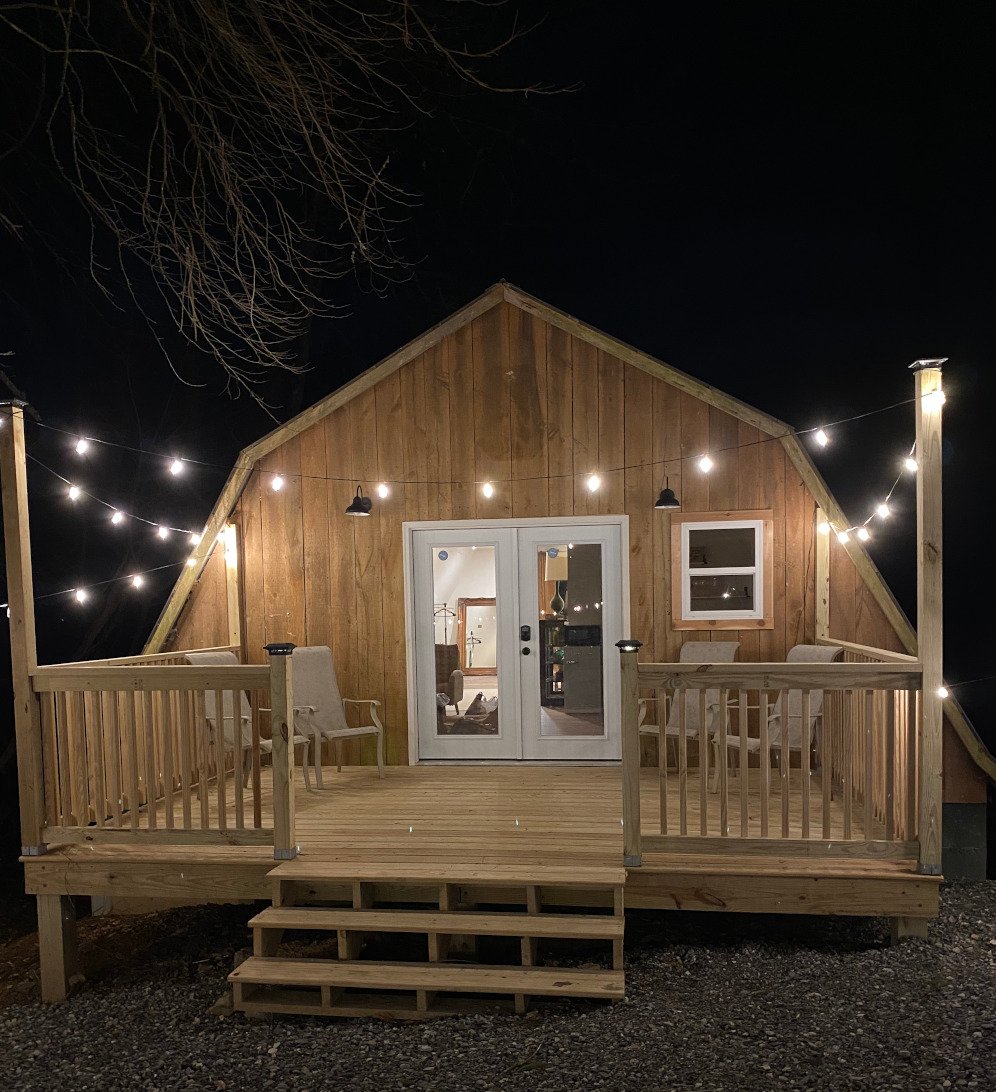Do you dream of owning that perfect piece of rural Georgia land to…
…build your dream home?
….set up a hunting camp?
….or develop a modern hobby farm/homestead?
If so, you probably have a lot of questions about the land-buying and financing process, such as:
- How much does land in Georgia typically cost?
- What steps are involved in purchasing land?
- Do you have to pay cash or are there financing options available?
- What about tax incentives?
- And more.
To answer all your questions, we turned to four Georgia land-buying and financing experts: Todd L. Crosby, broker-in-charge and founder of Crosby Land Co.; Will Curry, licensed broker and President of Curry Companies in Dublin, GA; Hunter Bennett, AVP and Lender at Farmer’s State Bank in Dublin, GA; and Corey Cottle, Director of Marketing at AgGeorgia Farm Credit in Perry, GA.
In this article, we bring you their expert advice about how to buy land in Georgia and make it your own.
What Does It Cost to Buy Land in Georgia?
Land prices vary greatly across Georgia based on several factors.
“Every county can have multiple different market areas when it comes to rural land, and land values are determined by many factors. Some carry more influence than others,” says licensed broker Todd L. Crosby of Crosby Land Company Inc. “The more determining factors are location, accessibility, size of tract, percentage of high land, usage type, soil quality, contributing timber value and improvements.
“Then we transition to unimproved timberland―and the site index and soil qualities play a major role in how we value timberland as an investment property.
That said, Crosby offered these rough estimates for rural land prices in rural South Georgia:
- Unimproved land can range widely depending on location, size and county. The spread can range from $1,000/acre up to $1500/ac with some tracts going higher due to unique, more valuable factors
- Irrigated Ag land could be up to $4000-$5000 per acre depending on demand
- Dry ag land (not irrigated) could be $2200-$2500 per acre
To get a feel for land values in Middle-Georgia, we turned to licensed broker and President of Curry Companies Will Curry in Dublin, GA.
“In our area, the typical small acreage residential tract ranges from $2000 up to $10,000 per-acre depending on its features, location, how it’s been improved, the neighborhood system―and restricted properties tend to go for a premium.”
Curry estimates large timber tracts range from $900-$1200 per-acre for the “raw dirt” (land without trees), and agricultural land can vary from $2000-$6000 per-acre depending on how the land has been developed and how long it’s been farmed.
Both experts agree, since land prices in Georgia vary greatly based on intended use, location, development, restrictions, etc., it is wise to consult a land agent about prices in your area.
Per Crosby, “Agents who specialize in land understand the intricacies involved with selling or buying rural land, such as:
- Conservation easements,
- the highest and best use of the property and how that affects the land value,
- timber values,
- mineral rights,
- and soil quality
...to mention a few.”
To learn more about the many factors that contribute to the value of a property, read our interview with a land appraiser.
How Long Does It Take to Purchase Land in Georgia?
According to our experts, the time it takes to purchase land in Georgia is dependent upon how it’s paid for: cash vs. financing.
“Most attorneys will tell you a minimum of 45 days to close,” says Crosby. “Some can operate within 30 days and others will demand 60—there is no set standard.”
Circumstances involving title abstract, survey, financing and scheduling all play a role in purchasing time.
“An average tract of timberland, for example, shouldn’t take more than 30 days, whereas a development property could take much longer because of the studies and legalities involved.”
There are always exceptions to the normal 30-60 day closings, such as buyers and sellers participating in 1031 tax free exchanges, which can potentially push the purchase time out to 180 days or more. (If you’re unfamiliar with 1031 exchanges, read 1031 Exchanges: 10 Things to Know by Investopedia).
 How to Take the “Unexpected” Out of Buying Rural Land
How to Take the “Unexpected” Out of Buying Rural Land
If you’re budgeting to buy land for the first time, it’s worth becoming familiar with some of the common unforeseen costs that could come with a rural land purchase.
Your land agent will help you in this regard, but some areas to consider (which vary property-to-property) may include:
- Roughing in a driveway
- Installing a culvert
- Installing a bridge (if the property has a creek)
- Floodplains―which can impact where you can build and farm, your insurance rates and what type of septic system is required for a home
- The cost of installing septic―per Curry, average septic installation in Middle Georgia is between $4000-$5000
- The cost of installing a well―which can vary greatly depending on the intended use of the property. For example, an agricultural enterprise would require a much more expensive well for irrigation than a homestead. Per Curry, the average well is between 280-350 feet deep and costs between $4000-$5000
- The cost of running electricity to the property―Middle Georgia electric companies run the first 500 feet above-ground for free, and the rest is billed to the owner, Curry says. If you want underground utilities, that cost is passed on to you.
- Clearing the property―it’s typically tougher to get companies out to clear small plots of land vs. larger tracts, so plan accordingly
- If the land is underdeveloped and requires state road access, you may need permits
The point is to have a good plan in place for your land before you start looking. That way, you can avoid many budget pitfalls and unexpected headaches.
* Tip: Raydient Places + Properties, our parent company, offers Rural Places, which have already undergone all title and survey work (explained in more detail below) before they’re listed. The Raydient team also may add driveways and culverts to Rural Places.
What Are the Steps Involved in Purchasing Rural Land in Georgia?
Step 1: Use a land agent to help you find your property. You also can use a residential Realtor, but make sure they have expertise in raw land. Learn more about the land-specific experience you need your real estate agent to have here.
Step 2: Once you’ve found your property and made an offer, take the contract to your bank or lender (if you’re financing the purchase).
Step 3 (optional): Find an attorney―“Most buyers don’t use an attorney. They’re comfortable dealing with the buyer and buyer’s agent,” Crosby says. “The reason for this is buying land is simpler than buying a house. Residential contracts have so many loopholes.”
Step 4: Do your due diligence―once the contract is ratified, the due diligence/discovery period begins. During this time, it is the buyer’s responsibility to investigate the property and conduct any studies or tests to ensure the land meets their requirements.
An appraisal* and timber inventory (if applicable) would also be conducted at this time.
*Insider Tip: Crosby warns to ensure your lender uses an appraiser qualified to appraise rural land. If the appraiser is not familiar with the nuances of raw land values―such as quality of soil, timber, land use, etc.―this could have a significant impact on your investment.
Step 5: Title and curing period: “The title and curing period is normally separate from the due diligence or review period,” Crosby explains. “We typically only allow for a 15-30 day review period on normal transactions.
“During the title exam period, an attorney will do a title search to determine if there are clouds on the title which may need to be addressed or ‘cured’ by the seller prior to closing.
“The reason we do a title search is so we can get title insurance. This protects the buyer from anything in the chain of title that could put a cloud over his or her ownership.”
Crosby adds that he has been involved in transactions where buyers purchasing land tracts from large, reputable companies may choose to forego a title search—but he does not recommend this.
Step 6: Closing day
Step 7: Get the deed and start enjoying your land!
What Factors Impact Closing Time on Rural Land?
There are three main factors that typically impact closing time, according to Crosby:
1. Issues with surveys―if boundaries were unclear or encumbrances crossed the property, this would need to be investigated and resolved by the seller.
2. Title defects―if a title defect is found, that creates what’s known as a “cure period” of typically 45 days, in which the seller can “cure” any defects. If the seller cannot “cure” the title defect, the buyer can assume the risk and purchase the land as-is, or forfeit the contract and have their earnest money refunded.
3. 1031 funds (as mentioned above).
The amount of due diligence required by buyers also impacts closing time.
How to Finance a Land Purchase in Georgia
Unless you’re a cash-buyer, you will need to find a reputable lender who specializes in rural land to finance your land purchase.
And that’s not typically your big national bank.
Per Curry: “Larger tracts of land usually go through Farm Credit for financing, and smaller tracts of 5-20 acres―like a lot of the local folks here are looking for―are financed through small community lenders like Farmers State Bank in Dublin.”
There are many ways to finance a land purchase, some less risky than others. Learn more in our article about the pros and cons of eight different land finance methods.
How Exactly Does a Land Loan Differ from a Typical Home Loan? And where can you get one?
To answer this question, we asked our lending experts, Corey Cottle at AgGeorgia Farm Credit and Hunter Bennett at Farmers State Bank.
Per Bennett, whose bank finances all types of land tracts in Georgia: “The first thing people need to know is land loans are very different from mortgages, and this is not something you’ll be able to do with a big bank.”
Bennett says land loans are unlike mortgages in that banks cannot fix rates as long-term as mortgage companies.
“We typically finance land on balloon notes. We will give you a payment on whatever timeframe you desire, as long as it doesn’t exceed 20 years.
“We will fix your interest rate for a period of 60 months [or, 5-years]. Then after 5 years, your interest rate can change for the better or worse when we renew that loan based upon ‘Prime,’ which is set by the Federal Reserve Bank.”
What about pre-approval and the down payment?
“We have pretty strict credit standards,” Bennett says, “but as long as your credit is good, you have the income to pay for the land and your other debts, and you can put 15% down, getting approved will not be a problem. I typically approve people over the phone.”
And they’re flexible on that 15% down payment so long as you have equity elsewhere.
For example, if you already own a piece of property, the bank can put a lien on it in place of that 15% down payment.
And yes, they offer land/home loans, too.
If you’re planning to build a home on your rural land, Farmers State Bank can finance the construction and either broker a conventional mortgage for you―which requires 20% down to avoid PMI (private mortgage insurance)―or provide you with a land/home financing package at that variable rate.
The benefit of the conventional mortgage is that you get a long-term fixed rate.
The benefit of choosing the land/home financing package through the bank is that only 15% down is required, which greatly reduces closing costs as compared to a mortgage. Plus, you’ll have the ability to reprice your loan in a few years if you think rates are going to drop.
“Because banks don’t fix interest rates for 20 years, they almost always have lower rates than other non-bank, fixed-rate lenders---which makes us very competitive on the large land loan and small land loan financing market,” Bennett says, adding that Farmers State Bank has thousands of acres financed in large land tracts.
Then There’s Land-Financing Option B (for larger tracts): AgGeorgia Farm Credit
Farm Credit is a government-sponsored cooperative that has been helping rural land owners finance land, farm and rural enterprises since 1916.
AgGeorgia Farm Credit representative and marketing director Corey Cottle walks us through their land financing process, which differs from a small bank.
“The biggest thing about a land loan vs. a traditional mortgage that stands out to people is they expect a secondary market home loan rate. Land loans aren’t sold on the secondary market, so land loan rates are typically higher than rates on home loans.”
One of the differences of financing through Farm Credit: they can offer a fixed-rate for up to 20 years on land with 20% down.
The requirements/guidelines for financing through Farm Credit are:
- The land must be rural―they cannot finance land within city limits
- The land’s use must be intended for hunting, conservation, timber or some type of agriculture―per Cottle, “The land has to be agricultural in nature or have the capacity to produce agricultural products. That doesn’t mean you have to be a row-crop farmer. Perhaps you have trees on the property or plan to put up a greenhouse―the property just has to have that potential.”
- Farm Credit cannot finance commercial properties, subdivisions, etc.
What size land parcels does Farm Credit finance?
Cottle says most of their land financing is for parcels 10 acres and up―but they can do smaller lots all the way up to sprawling plantations.
Land/Home Loans Through Farm Credit
AgGeorgia Farm Credit also offers land/home loans. Here are the details from Cottle:
“On land/home loans, generally the 20% down-payment requirement is still in effect―just like land loans, although there are a few specific programs which could allow for lesser down payment.
“I recommend the buyer talk with one of our relationship managers about those options, as they are so specific.”
As with bank-financing, the construction loan is separate from the land loan. Then, once the home is built, the buyer has the choice to combine those loans with AgGeorgia or have the mortgage sold to another lender.
The downside of going with a traditional lender for your mortgage is you lose some financial benefits of financing within AgGeorgia’s cooperative.
Which brings us to our next point…
Due to Farm Credit’s status as a government-sponsored non-profit, customers are privy to some additional benefits, including:
- Fixed rates on land loans up to 20 years
- No intangible taxes: “Intangible taxes are $3 on every thousand borrowed, so if you’re making a large purchase that can save you a lot of money,” Cottle says.
- Since they’re a non-profit, you’ll typically get a Patronage Refund every year―Cottle explains: “Since we’re a cooperative, we return our profits to our borrowers through our Patronage Refund Program. This past year we paid back 27% of the interest accrued on loans in 2017. So, for every dollar of interest, we paid our patrons over a quarter of that back, and that significantly reduces their cost of borrowing. So even though you may be paying a higher interest rate than a typical home loan, you’re getting a lot back on your loan.
“Say you had an interest rate of 6%. When you factor in that refund, you reduce it by 1.53% percent, which brings you down to less than 4.5% percent overall.”
Bottom line: big banks are typically not the place to go for land loans.
Per our brokers and lenders, depending upon what size land tract you want, a small local bank or Farm Credit institution will be your best bet.

What Are Typical Closing Costs for a Land Purchase?
Closing costs can vary a bit lender-to-lender, and your financial officer will discuss those details with you.
For a general idea, our experts offered the following examples of typical closing costs in Georgia:
- Non-cash buyers should expect to pay 15-25% percent of the full purchase price as down payment
- Additional closing costs from the lender, which vary lender by lender. (The exact percentage will be based on how large the transaction is and how complicated the process is)
- The cost of a title policy, which is determined by the state and purchase price of the land.
- The cost of a survey―most lenders require a new survey, however some may accept an existing survey and the seller may pay for all or a portion of that if the plat is very old.
- The cost of the appraisal
- Recording fees for documents, which vary from county to county
Bennett says typical closing costs on smaller land parcels are around $1500 total, which includes: the attorney fee, the bank fee and the intangible tax (if applicable).
Crosby adds that closing costs are negotiable and sometimes a seller will pay a portion of those costs.
Property Tax Exemptions and Easements Are Available for Rural Landowners in Georgia?
Per our experts, the following programs are popular among rural land buyers in South and Middle Georgia:
#1: CUVA (Conservation Use Valuation Assessment)―a minimum 10-year program for ag, timberland or any environmentally-sensitive property.
CUVA was designed for smaller, private tracts of land of at least 10-25 acres (the amount varies by county) and no more than 2000 acres, and can offer a 40% reduced assessment on your property value.
The incentive is that the land owner not convert their property to residential use. If you use it and then turn your land residential, there are stiff penalties.
Click here for more information on CUVA and the application process.
#2: FLPA (Forest Land Protection Act)―a larger version of CUVA, this 15-year program is designed for tracts of land 200 acres and larger, and there are no limitations on acreage for corporations and LLCs.
They are also transferable to the next landowner, but there are tough penalties if the agreement to not develop into residential land is breached.
Click here to learn more about FLPA and the application process.
#3: Federal Conservation Land Use―this program is becoming very popular for larger investment tracts according to Curry. It is an expensive process up-front, but there are some great tax ramifications for large tracts with mineral rights or those close to commercial development.
The big incentive of this program (beyond the tax savings) is lifetime restriction of your property from commercial development―so it can only be used for agricultural or recreational purposes.
Click here to learn more about the Federal Conservation Land Use Program in Georgia.
#4: The County Conservation Easement―is a 10-year covenant for using the property for agricultural purposes. It can offer an approximate 30% reduction in property taxes.
Click here to learn more about County Conservation Easements in Georgia.
#5: Homestead exemption―available for those using the property as their personal, legal residence, this exemption is easy to qualify for and can reduce your taxable property value by thousands of dollars.
To qualify, you must be living in the home and it must be your legal residence; and there are additional homestead exemptions available for seniors, veterans and other special groups.
Important consideration before applying for a conservation easement:
“Conservation easements held by nonprofit conservation groups typically do not have any bearing on how the county will assess the property tax,” Crosby says. These easements differ from those mentioned earlier like CUVA and FLPA, which are implemented at the county or state level.
“Conservation easements do, however, provide benefit to the grantor as it relates to both Federal and State income tax. Most easements differ depending on the property owners’ preferences and what rights/ privileges he or she is willing to give up. The restrictions directly impact the value of the easement which is donated.
“Remember, these easements are in perpetuity and should be considered carefully with legal counsel.”
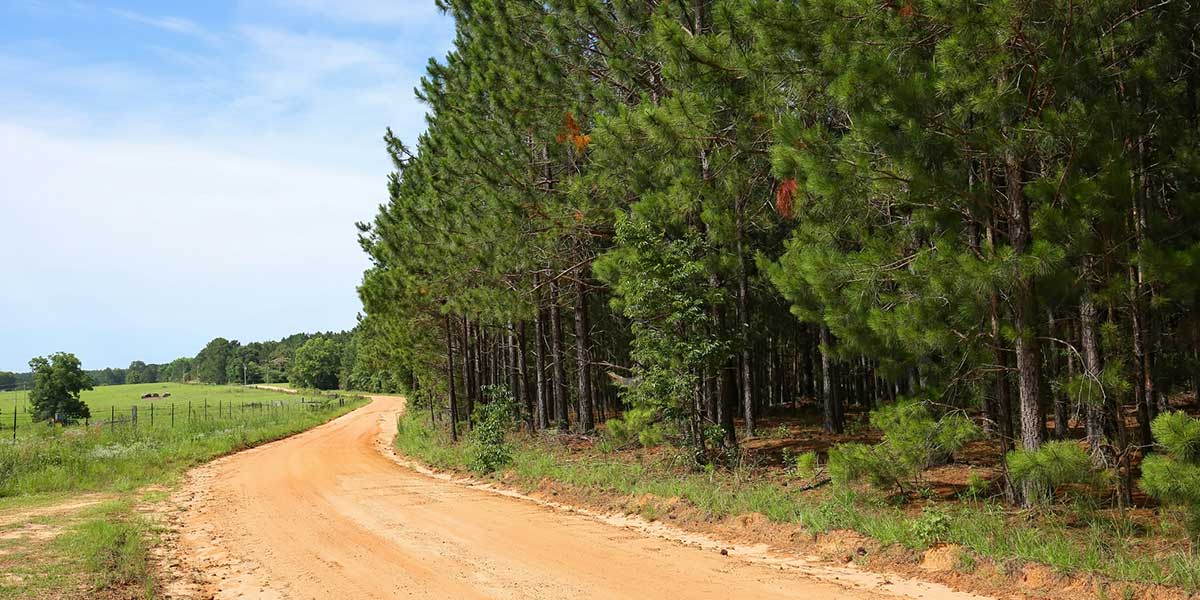
Are There Any Other Financial Incentives for Investing in Rural Land in Georgia?
Both Crosby and Curry referenced timber as a solid investment.
“It’s a hard asset, a good hedge against inflation and a great way to store wealth on the stump; so when the market is down you’re still getting biological growth,” Crosby says.
Curry adds, “A lot of it is income potential for recreational purposes like hunting, and cattle production has gotten larger in Georgia with beef prices going up.”
“And then there’s the personal enjoyment. We’ve seen a lot of folks who want to see the starlight at night, have more room to spread out and are seeking that slower, quieter pace of country life―and that’s priceless.”
What Insurance is Required for Raw Land in GA?
While there is no requirement for insurance, our experts recommend carrying at least general liability insurance to protect you in case someone gets hurt on your land (even if trespassing). You may also wish to consider timber insurance (if applicable). For more information, read our interview with a Farm Bureau Insurance Agent.
Ready to look for Georgia land?
The prospect of buying rural land in Georgia for recreation or a homesite may seem overwhelming at first. But, with the information you’ve learned in this article, you now have the framework and insider-information you need to get the land buying process started on the right foot.
To view Georgia land for sale, check out our parent company’s rural land tracts for sale in South and Middle Georgia at: RaydientPlaces.com.





